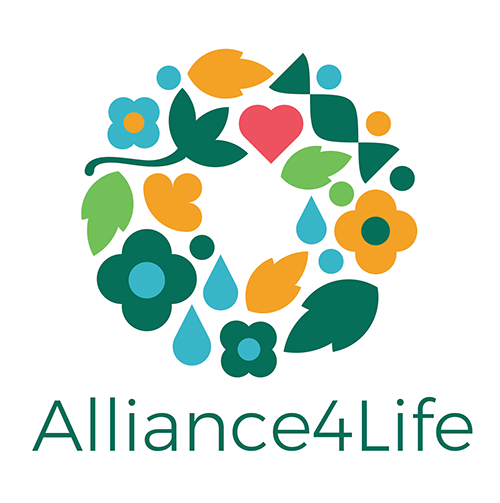
Life sciences professionals gathered in Vilnius
On 23-24 January, the Early Stage Researchers Retreat brought together PhD students and postdocs from “Alliance4Life“ partner institutions to Vilnius University for a joint retreat full of learning and knowledge sharing. Scientific presentations, poster sessions, career talks and skills training sections were part of the programme. Dr Darius Balčiūnas (Ass. Prof. at the Department of Biology at Temple University and Senior Researcher at Life Sciences Center, Vilnius University) presented his research work in the heart regeneration field. ESR retreat participants also listened to Prof. Artūras Petronis (Senior Scientist and Head of Krembil Family Epigenetics Laboratory at Campbell Family Mental Health Research Institute and Senior Researcher at Life Sciences Center, Vilnius University) presentation about chrono-epigenomics of human disease and Dr Jonas Bunikis’ (Research Programme Officer in Life Sciences at the European Research Council) presentation about grantsmanship and the art of persuasion that pays.
More than 20 PhD students and postdocs presented their work during the poster sessions. Topics varied from enzyme engineering, genome sequencing, nanoparticles, epigenetics and treatment of Alzheimer’s and heart diseases. The young scientists also participated in an interactive board game called “Publishing trap”, organized by the Vilnius University Library. This game allowed them to explore the impact of scholarly communications choices and the role of open access in research.
On the 23rd of January, Research Management and Administration (RMA) Academy started at Vilnius University. Participants from the Alliance4Life partner institutions shared their experiences and expanded their knowledge in research management. In three days all five grant management modules (grant proposal, academia-business cooperation establishment, working with the research teams, budgeting and proposal evaluation, and management of research project using online tools) have been completed. Trained by Jakub Zeman and Ladislav Čoček (Masaryk University), Dr Magdalena Wrzesinska and Dr Karolina H.Czarneska-Chrebelska (Medical University of Lodz) the participants of RMA academy are ready to share the newly acquired knowledge and skills within their home institutions.
On the 24th of January Alliance4Life national trigger event titled Research assessment reform: What to expect and how will it affect us took place at Vilnius University. This event gathered professionals not only from Alliance4Life member institutions but also guests from the European University Association, the Ministry of Education, Science and Sport of Lithuania, the Research Council of Lithuania and the Lithuanian Society of Young Researchers.
The national trigger event was opened by the Vice-rector and Pro-rector for Research prof. Edita Sužiedėlienė from the Vilnius University. The first key note speech was presented by the Director of Research and Innovation of the European University Association (EUA) Stephane Berghmans and addressed the newly signed agreement on the next steps of Research Assessment Reform. In his speech, he presented EUA’s development and results of the survey on Open Science. He also emphasized key factors for change in research assessment and the Coalition for Advancing Research Assessment (CoARA). S. Berghmans highlighted that it is crucial for universities to be actively involved in the reform of the research assessment and they should make an informed decision regarding this process. Also, a substantial number of universities joining the coalition is needed to guarantee that the sector's interests are taken into account during the reform process.
Head of the Division of Science in the Ministry of Education, Science and Sport Tadas Juknevičius presented the history of the research assessment in Lithuania. With the start of the qualitative evaluation in 1995, Lithuania’s research evaluation system was designed by quantitative evaluation until 2010. In 2023 a new system of individual researchers’ evaluation was introduced and in 2024 qualitative assessment part in institutional R&D funding will increase up to 70%.
Dr Eugenijus Stumbrys, Head of Research and Higher Education Policy Analysis Unit of the Research Council of Lithuania, presented a review and development of research assessment criteria in Lithuania. He emphasized that in 2021 amendments to the law and other legal acts were made, and lessons from previous evaluations were considered. Consequently, more units of assessment groups and larger expert panels were formed, only key evidence is requested, and the appeal procedure is introduced.
Dr Artiom Magomedov from the Lithuanian Society of Young Researchers invited everyone to discuss the quality versus quantity criteria of scientific research. He highlighted that today ‘s research assessment demands concerning both - quantity and quality, often contradict each other. Therefore, universities may change direction from quantity, and more strongly reward research quality.
The next Alliance4Life meeting will take place on the 24-26th of April in Lodz (Poland) with board meeting and focus group meetings, a national trigger event and mini-conference on the program. More information coming soon!

